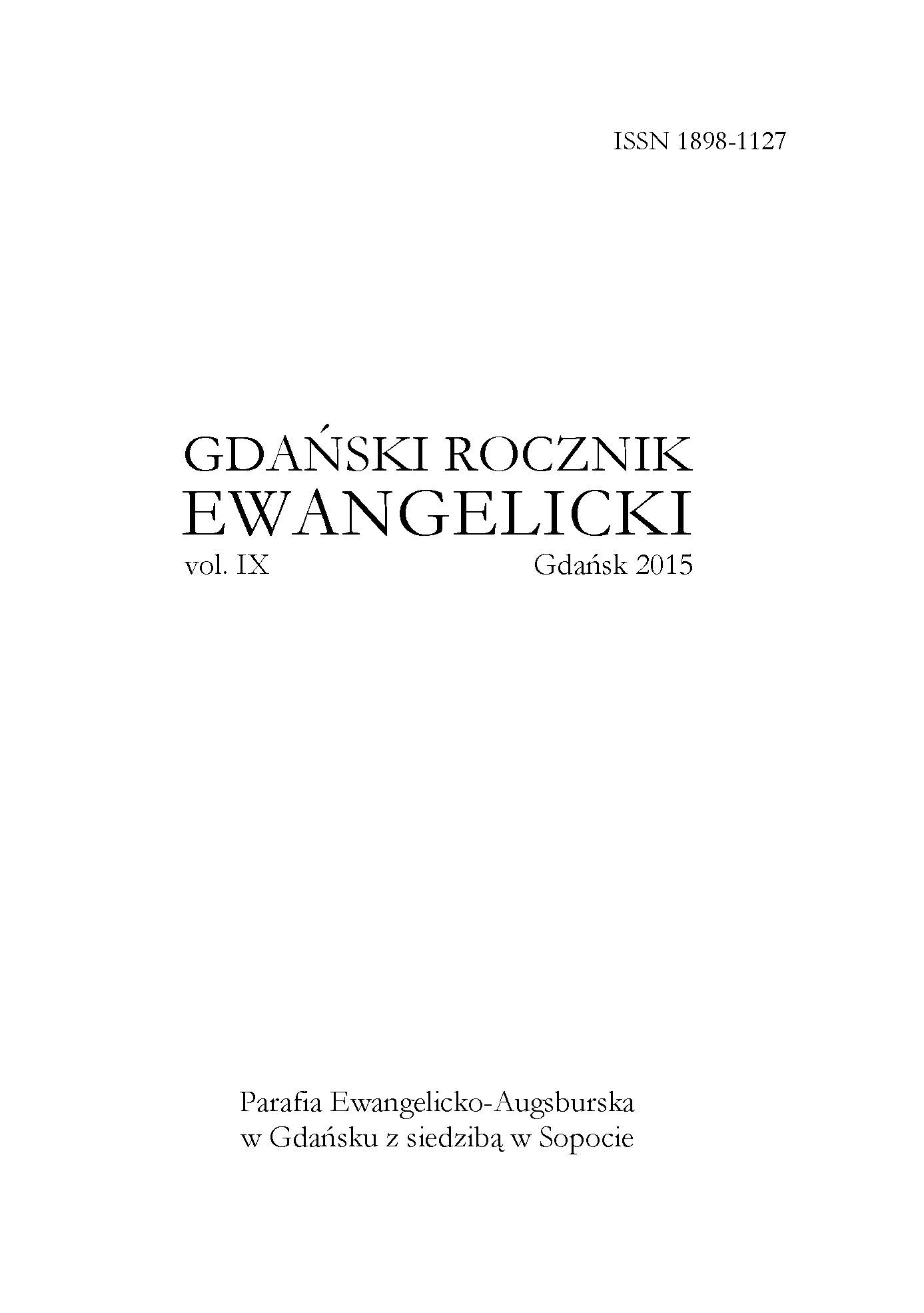Neopietyzm a postawy narodowe. Ruch gromadkarski na Mazurach w XIX i XX w. Część II (1945 – 1956)
The Revivalist Evangelical Movement contra National
Standpoints. The Small Group Movement in Masuria in the Nineteenth and Twentieth Centuries. Part II (1945 – 1956)
Author(s): Grzegorz JasińskiSubject(s): History, Recent History (1900 till today), Theology and Religion, WW II and following years (1940 - 1949), Post-War period (1950 - 1989)
Published by: Parafia Ewangelicko-Augsburska (Luterańska) w Gdańsku-Sopocie
Keywords: Masuria; Small Group Movement; Evangelical Church; nineteenth century; twentieth century
Summary/Abstract: The Polish Lutheran Church between the years 1945-1956 was unable to gain the full confidence of its new German worshippers. This resulted in the treatment of this Church as a foreign and imposed one. When, in the course of time, the worshippers came to terms with the status quo, acceptance of the Church increased, but as a factor distinguishing them from Polish Catholics. The distance dividing them from migrant Poles, caused by national factors and historical experiences, was increased by religious differences. A significant role in this situation was played by the Small Group Movement. It did not have an organized nature, but its mental revivalist structures survived the period of the Second World War. An awareness of war atrocities strengthened the spirit of eschatology among some of the Small Group Movement members, which is why some of them accepted the existing political situation, regarding it as a penalty for disregarding God’s rules. Some of the Small Group Movement members, especially those who were previously in opposition to German Christians, began to co-operate with the Polish Lutheran Church, which was new to them. On the other hand, for some of the worshippers who existed in unofficial structures, there was an opportunity to fulfill their basic religious needs, which the Polish Lutheran Church was unable to offer them due to its organizational weakness. From the very beginning the key problem of organization was that caused by language, which was a throw-back to the situation in the nineteenth century and the first years of Weimar Republic, when German was still considered to be “the Church language”. This was the reason why a significant part of the Small Group Movement met with mistrust from the Polish Lutheran Church, which for various reasons was implementing a Polonisation policy, and the open hostility of the police-administrative machinery. On the other hand, inside the Small Group Movement, there was little unity but numerous scattered initiatives, and an escalation of German national spirit became in many instances equally important, or even more important than religious matters.
Journal: Gdański Rocznik Ewangelicki
- Issue Year: 2015
- Issue No: 9
- Page Range: 84-114
- Page Count: 31
- Language: Polish

